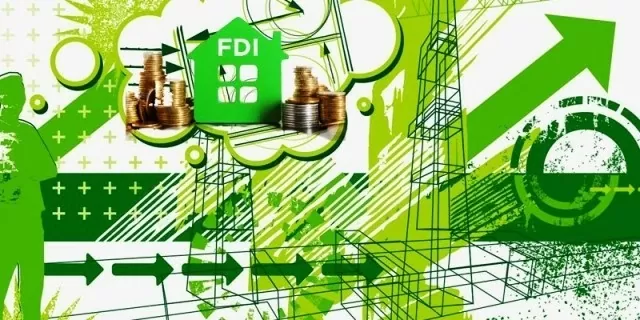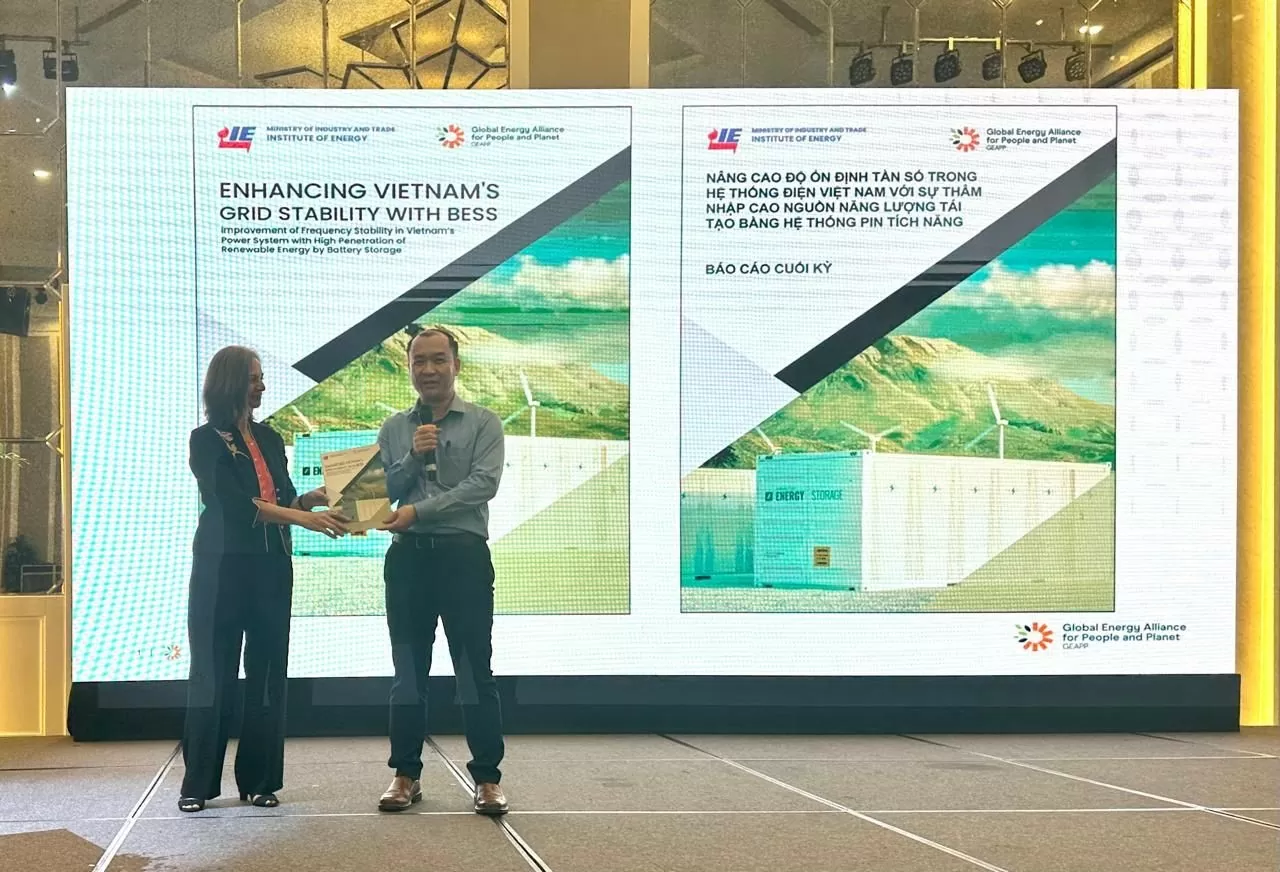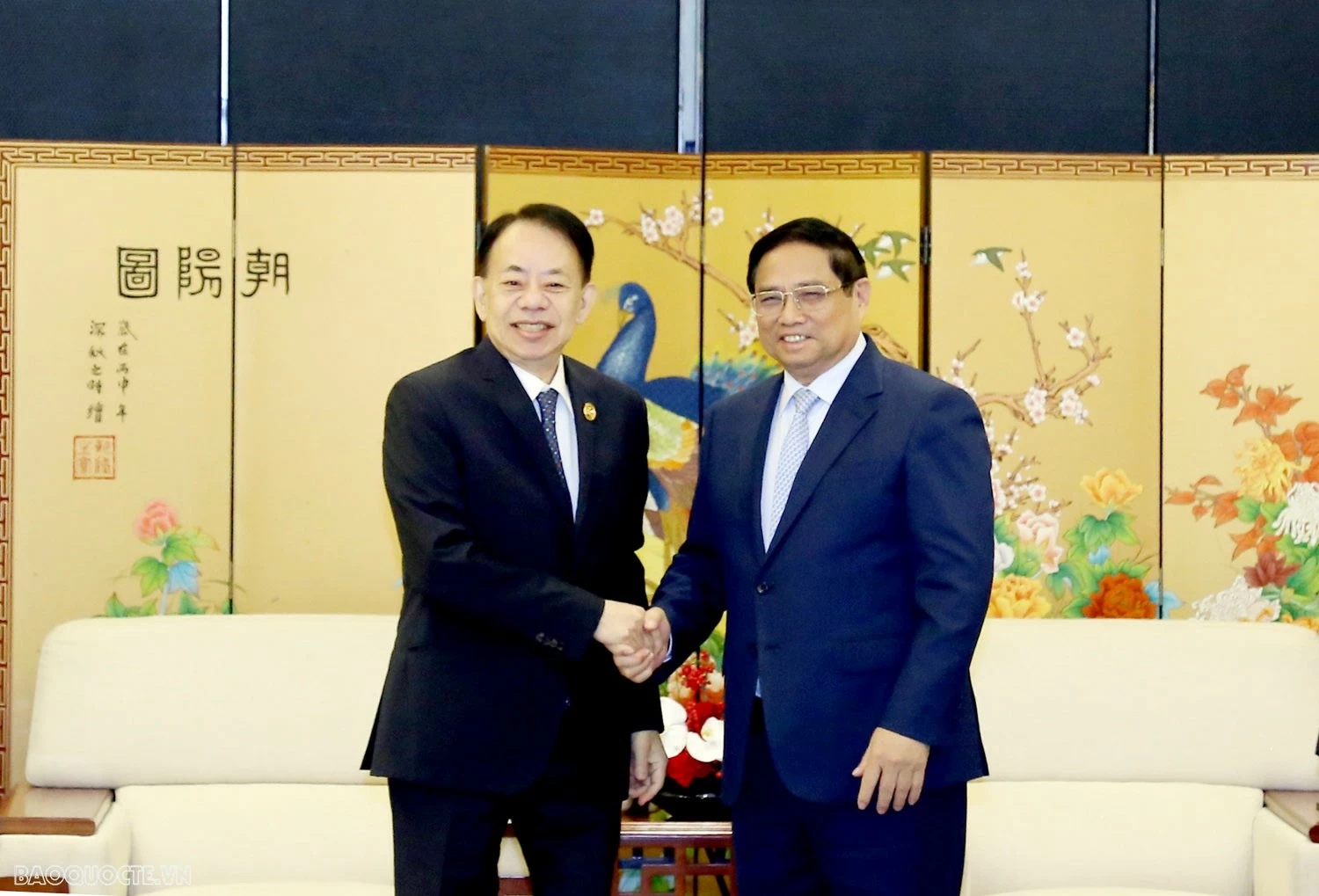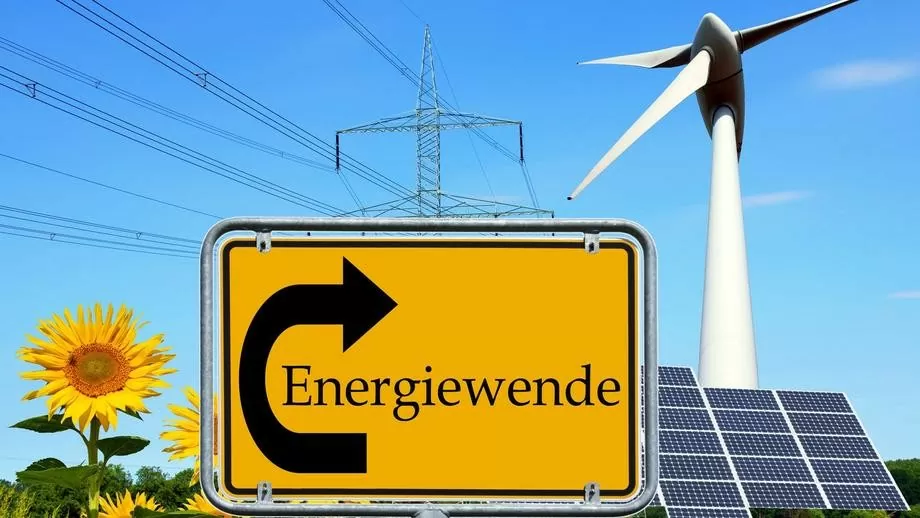Baoquocte.vn. The clean energy transition is opening up many opportunities for social investment. To take advantage of this, Vietnam needs to apply effective methods to attract socially responsible investors.
 |
| The clean energy transition is opening up many opportunities for social investment. (Source: CIEM) |
Social investment opportunities are a crucial aspect of the decision-making process in the energy transition. These opportunities attract investors interested in both the social impact of the investment and its potential for profitability.
Kitty Bu, Vice President for Southeast Asia of the Global Energy Alliance for People and Planet (GEAPP), argues that energy transition is fundamental to driving social investment because it promotes interconnected economic development, environmental sustainability, and social equity. By shifting to renewable energy sources, countries can redesign energy systems to address energy disparities, reduce greenhouse gas emissions, and foster job creation.
Germany's renewable energy transition (Energiewende) is a prime example. Policies such as preferential tax rates not only encourage the use of renewable energy but also empower citizens, businesses, and city governments to actively participate in the green economy. This democratized energy system has fostered widespread investment in renewable facilities, reduced reliance on energy imports, and created local economic hubs for green jobs and innovation.
 |
| The Electricity and Renewable Energy Agency (EREA) collaborated with GEAPP to organize a technical workshop discussing BESS. (Source: GEAPP) |
In Vietnam, the potential for social investment lies in the application of similar community-focused models. Decentralized renewable energy projects, such as solar microgrids, can provide electricity to rural areas, addressing energy shortages while fostering local entrepreneurship.
These systems allow communities to jointly own and benefit from renewable energy infrastructure, fostering a cycle of reinvestment in local education , healthcare, and businesses. Furthermore, the renewable energy transition often requires widespread workforce changes, creating opportunities for governments to design comprehensive training programs that prepare workers for more environmentally friendly and higher-paying jobs.
The energy transition process also attracts private capital and philanthropic investment by integrating with global ESG (environmental, social, and corporate governance) priorities. The flow of funds into this process allows for the development of projects that prioritize long-term community resilience, whether through access to clean water, improved public health, or climate-resilient infrastructure.
 |
Prime Minister Pham Minh Chinh receives ADB President Masatsugu Asakawa on November 6, 2024. (Photo: Quang Hoa) |
For example, GEAPP is collaborating with the Asian Development Bank (ADB), the Rocky Mountain Institute (RMI), and the Vietnam Energy Institute (IE) to implement Vietnam's first pilot project for a grid-connected Battery Energy Storage System (BESS). BESS is a priority area for attracting investment.
Integrating BESS into the national power grid will enhance grid reliability and reduce reliance on traditional fuel sources. BESS projects not only contribute to grid modernization but also create job opportunities in areas such as manufacturing, installation, supply, and other related industries.
To attract investment in green energy, Vietnam has implemented various mechanisms to "give the green light" to investors. During a meeting with ADB President Masatsugu Asakawa in Kunming, China, on November 6th, Prime Minister Pham Minh Chinh proposed expanding ADB's operations in Vietnam in the private sector, supporting businesses to participate more deeply in global supply chains, and providing capital support to the private sector. Vietnam will develop policies to encourage the private sector to borrow from partners such as the ADB.
Mr. Masatsugu Asakawa stated that, in its role as "Asia's climate bank," the ADB will continue to support and provide funding to Vietnam to achieve its development goals, especially energy transition, green transition, digital transformation, infrastructure development, and the goal of achieving net-zero emissions by 2050.
It can be seen that, by prioritizing social investments in the energy transition, countries like Vietnam can achieve not only decarbonization but also a broader, more equitable economic transition.
 |
| Germany's renewable energy transition (Energiewende) is a prime example of attracting social investment. (Source: Hive Power) |
Source: https://baoquocte.vn/tiem-nang-to-lon-cho-dau-tu-xa-hoi-trong-lo-trinh-chuyen-doi-xanh-297051.html



![[Photo] Prime Minister Pham Minh Chinh presides over a meeting on private sector economic development.](/_next/image?url=https%3A%2F%2Fvphoto.vietnam.vn%2Fthumb%2F1200x675%2Fvietnam%2Fresource%2FIMAGE%2F2025%2F12%2F20%2F1766237501876_thiet-ke-chua-co-ten-40-png.webp&w=3840&q=75)



![[Photo] Prime Minister Pham Minh Chinh presides over the conference announcing the establishment of the International Finance Centre in Vietnam.](/_next/image?url=https%3A%2F%2Fvphoto.vietnam.vn%2Fthumb%2F1200x675%2Fvietnam%2Fresource%2FIMAGE%2F2025%2F12%2F21%2F1766309817714_ndo_br_dsc-3400-jpg.webp&w=3840&q=75)





























































































Comment (0)